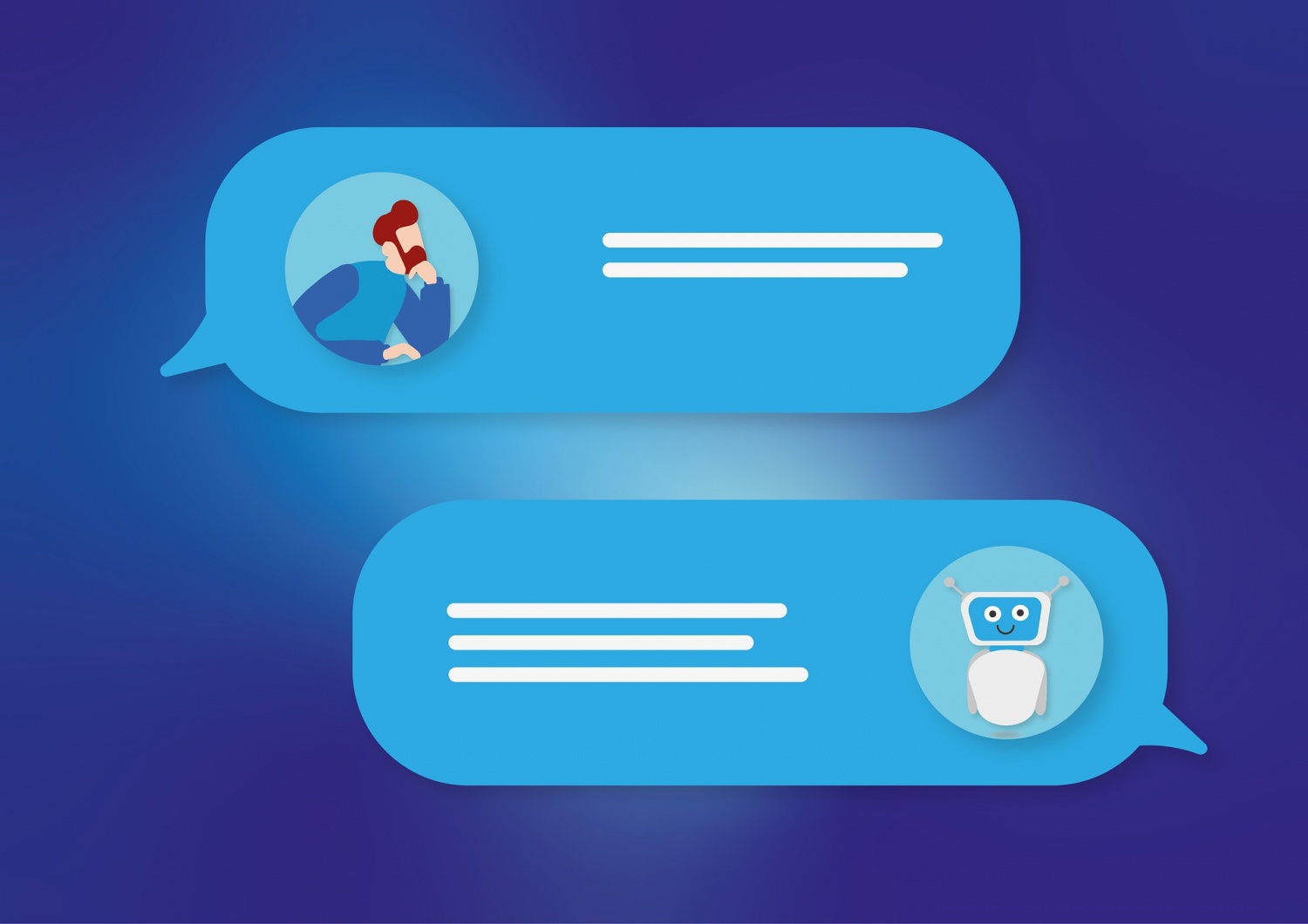AI Chatbots in the Workplace: Enhancing Productivity without Threatening Jobs, Experts Say
Artificial intelligence (AI) chatbots have become a game-changer in workplaces, sparking concerns about potential job displacement. However, according to Professor Kai Riemer and Director Sandra Peter from the University of Sydney, AI chatbots may not necessarily take over human jobs.
In an article published in The Conversation, Riemer and Peter highlighted the rising interest in AI tools among innovators and investors. They specifically mentioned the advanced AI chatbot ChatGPT as a catalyst for this surge in interest.
While AI has made significant advancements in various fields, the experts cautioned against excessive reliance on its “intelligence.” Instead of viewing chatbots as all-knowing artificial brains, Riemer and Peter compared them to diligent graduate students acting as personal work assistants.
They acknowledged that chatbots show dedication to their tasks but sometimes exhibit overconfidence, providing plausible yet unsupported responses. Therefore, it is crucial to verify the outputs of these AI tools. Additionally, chatbots lack a true understanding of questions at a human level due to their probabilistic nature. However, when used appropriately, they significantly enhance productivity in language-related tasks.
Preliminary studies on the integration of AI chatbots into workplaces have shown promising results. For example, a pilot project at Westpac, an Australian bank, resulted in a 46% increase in productivity for software coding tasks without compromising quality. Similarly, a study Boston Consulting Group revealed significant enhancements in analytical work and persuasive writing when consultants collaborated with AI chatbots.
Another case highlighted a US software company that utilized an AI chatbot to streamline client proposal crafting. The chatbot extracted relevant information from internal files to generate suitable responses, thus improving efficiency.
Riemer and Peter suggested that these instances provide a glimpse into the future of AI chatbots. They envision companies customizing generative AI models using their own data or documents and deploying them for specialized roles such as coding, consulting, or customer service.
The experts reassured workers concerned about job automation, stating that the probabilistic and unreliable nature of AI makes automation less likely. However, they emphasized the importance of AI fluency, as the skill to understand and work with AI will soon become essential, similar to working with PCs.
As AI chatbots continue to advance, it is clear that they have the potential to enhance productivity in the workplace without posing a significant threat to human jobs. Nevertheless, it is important for individuals to adapt and embrace AI fluency to thrive in an increasingly AI-driven world.
© 2023 TECHTIMES.com. All rights reserved. Reproduction without permission is prohibited.

